Birth of Hans Christian Andersen
Danish author Hans Christian Andersen was born on April 2, 1805, in Odense, Funen, Kingdom of Denmark-Norway. Best known as an author of Fairy Tales, his birthday is celebrated as International Children’s Book Day.
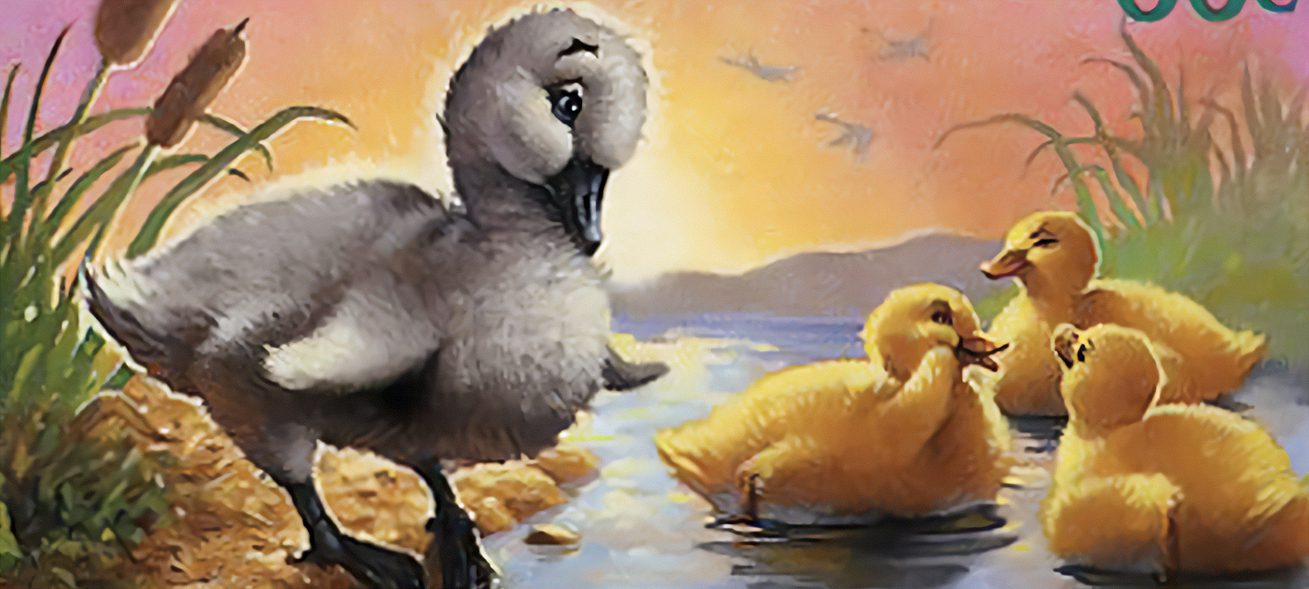
Danish author Hans Christian Andersen was born on April 2, 1805, in Odense, Funen, Kingdom of Denmark-Norway. Best known as an author of Fairy Tales, his birthday is celebrated as International Children’s Book Day.
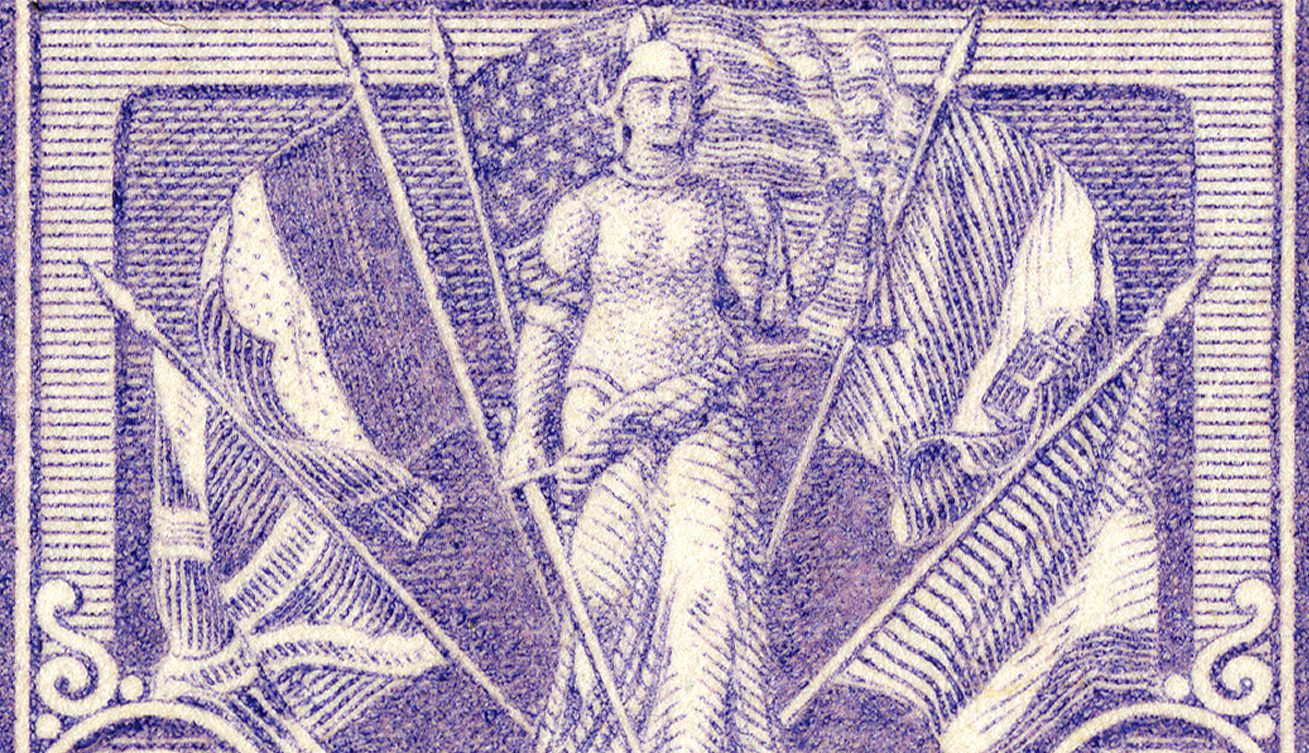
On March 21, 1918, Germany launched its Spring Offensive in the hopes of tipping the scales of the war before American troops and supplies could reach the front.
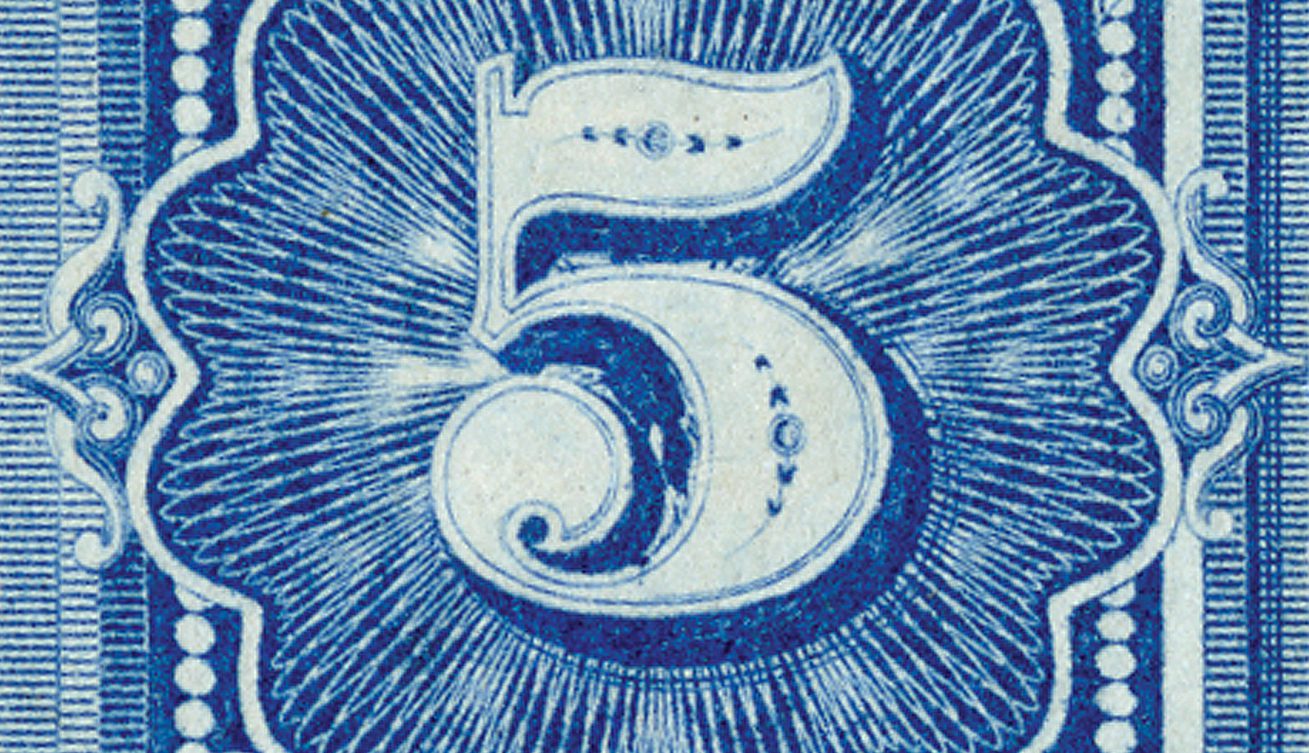
On February 24, 1917, British officials shared the Zimmermann Telegram with US President Woodrow Wilson, revealing a German plot to incite a war between the US and Mexico.

On February 14, 1912, Arizona was admitted as the 48th state. It would be another 48 years before another state was added to the Union.
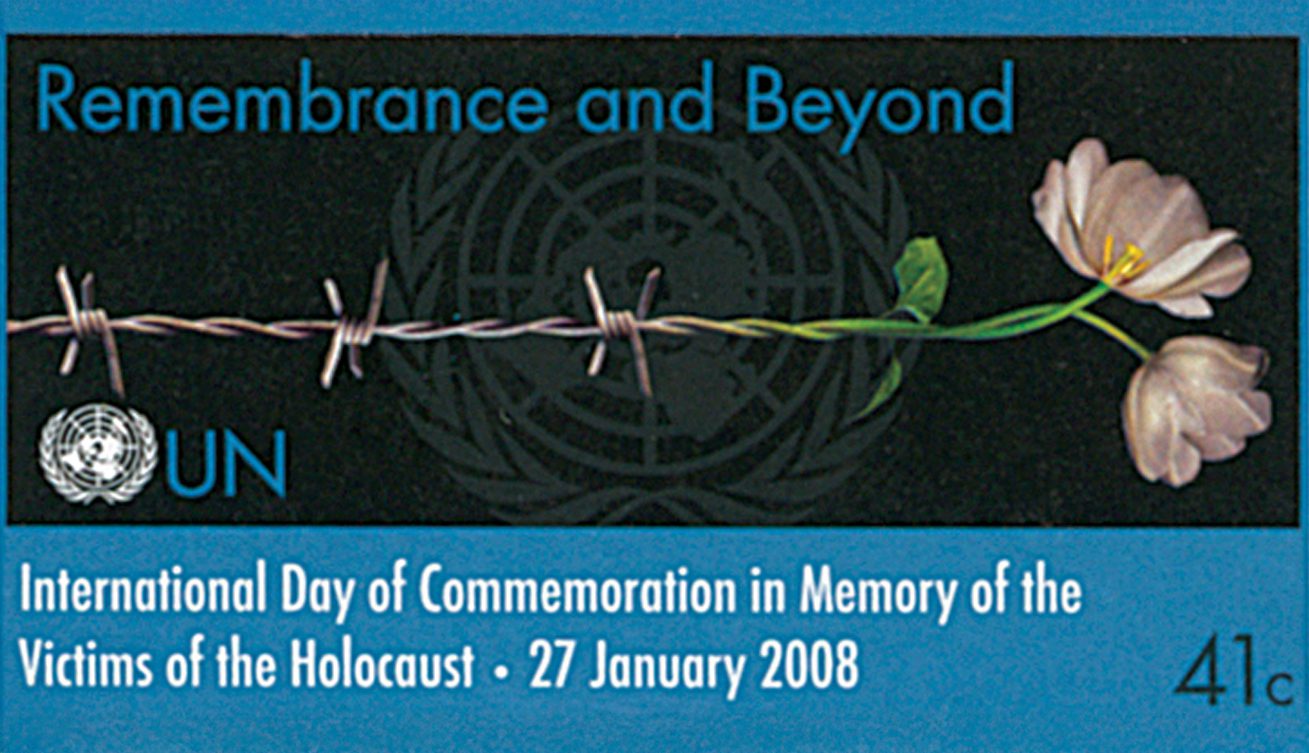
On January 27, 1945, Soviet troops liberated the Auschwitz concentration camp, marking the beginning of the end of the Holocaust. The United Nations later designated this date International Holocaust Remembrance Day.
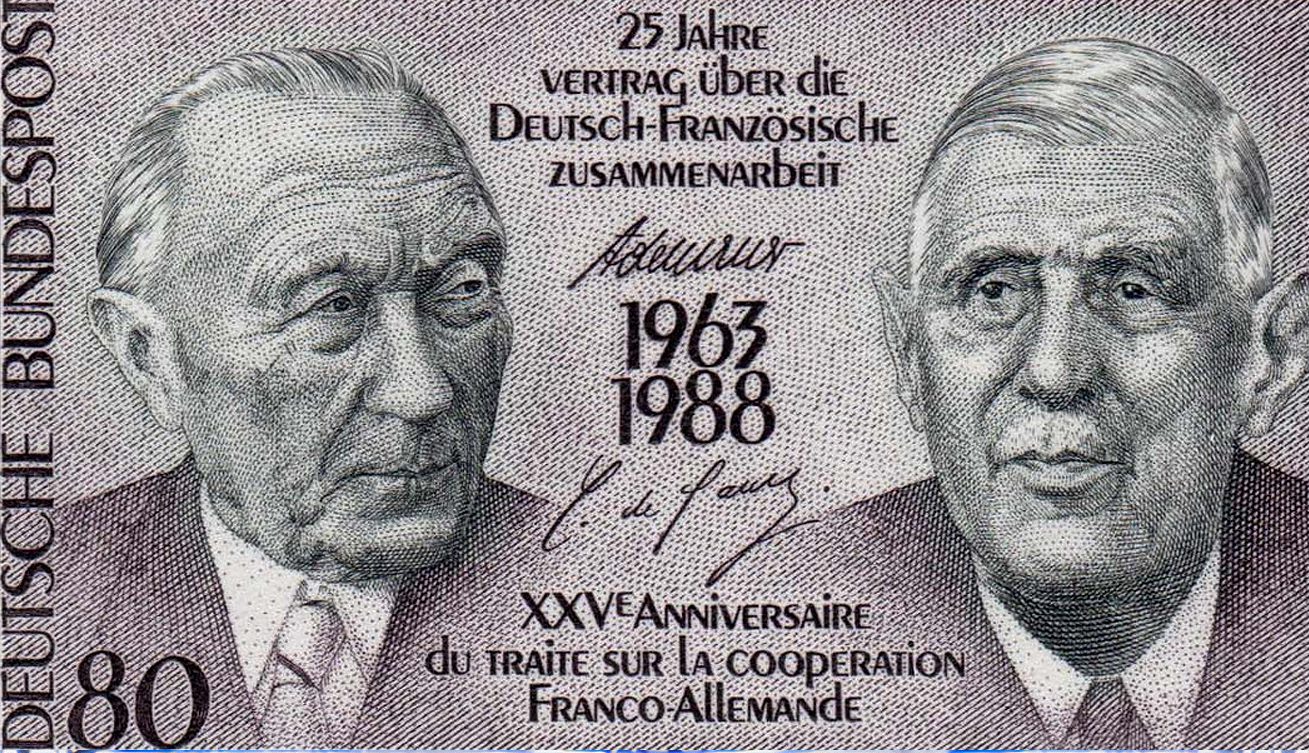
On January 22, 1963, France and West Germany signed the Élysée Treaty, ending centuries of rivalries between the two nations. In 1988, both countries collaborated on joint-issue stamps marking the treaty’s 25th anniversary.
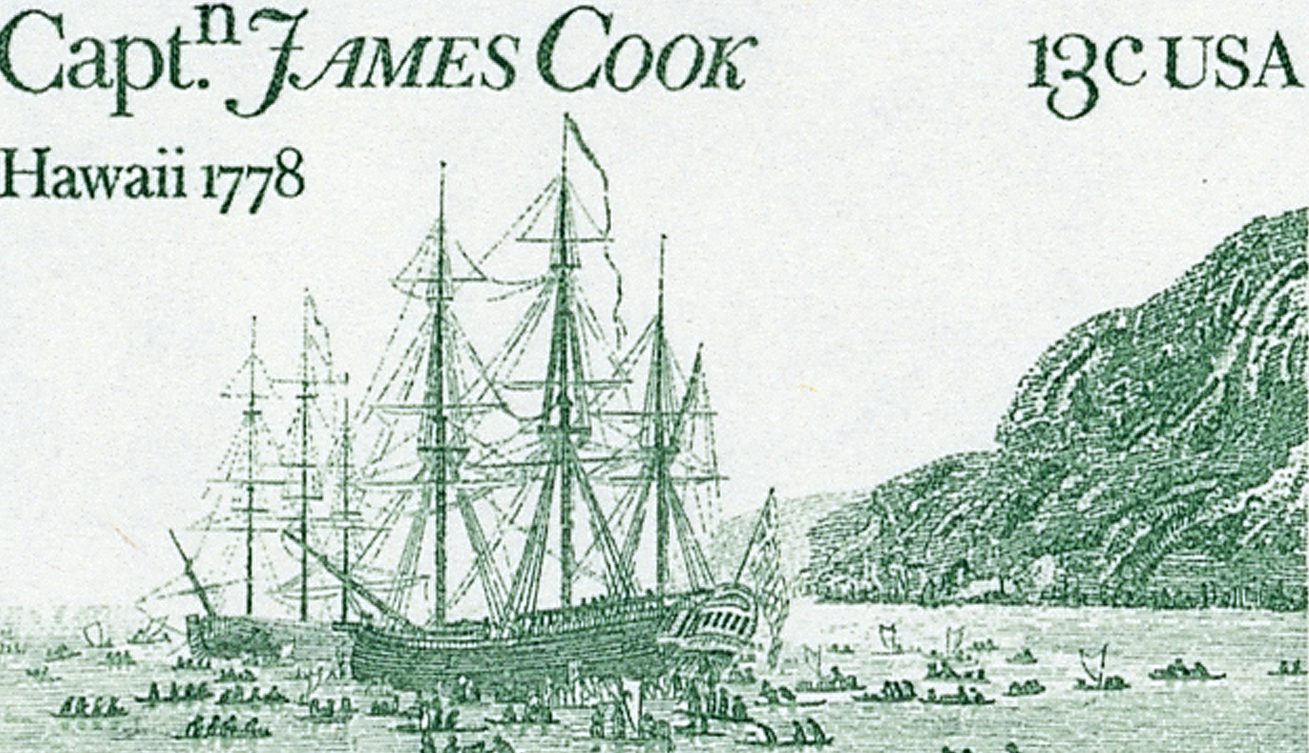
On January 18, 1778, Captain James Cook became the first European to reach the Hawaiian islands. The Hawaiians believed Cook had divine powers and considered him a great chief.
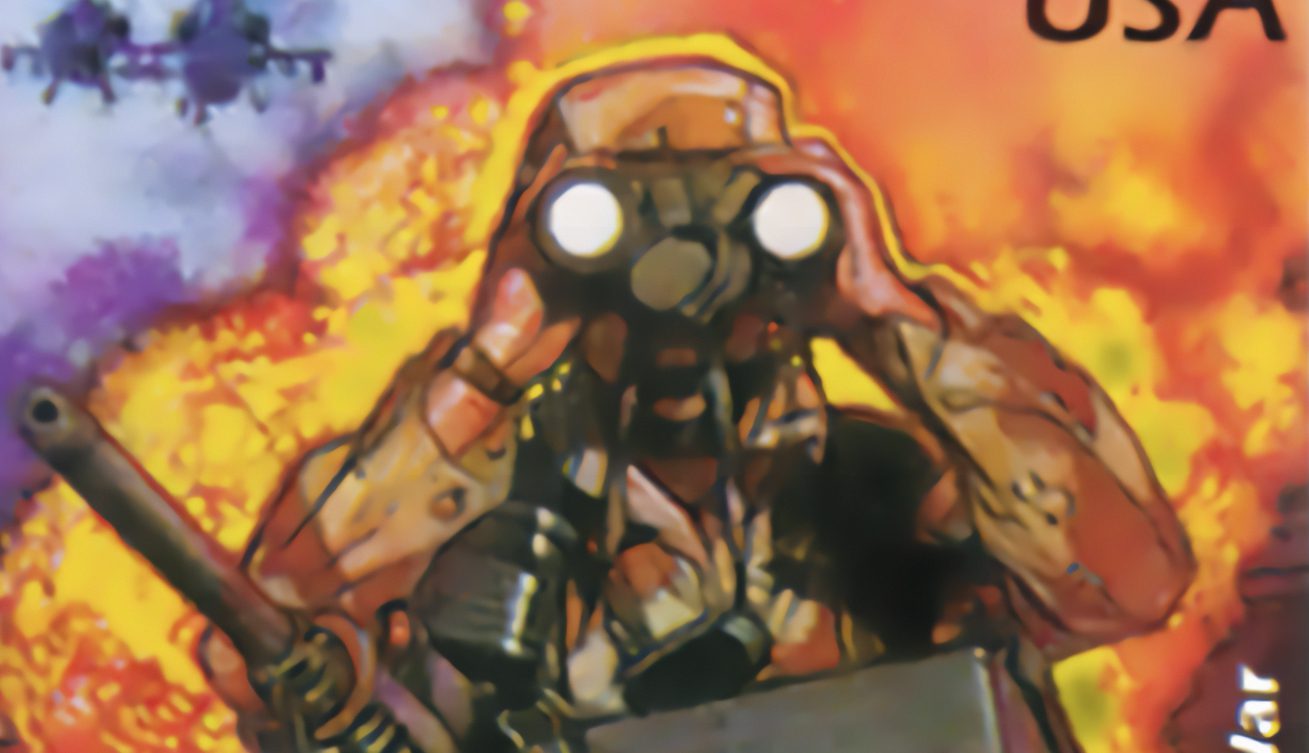
On January 17, 1991, the United States led coalition of 42 countries in Operation Desert Storm, the aerial bombardment of Iraq in the Gulf War. It was the largest air campaign since World War II.
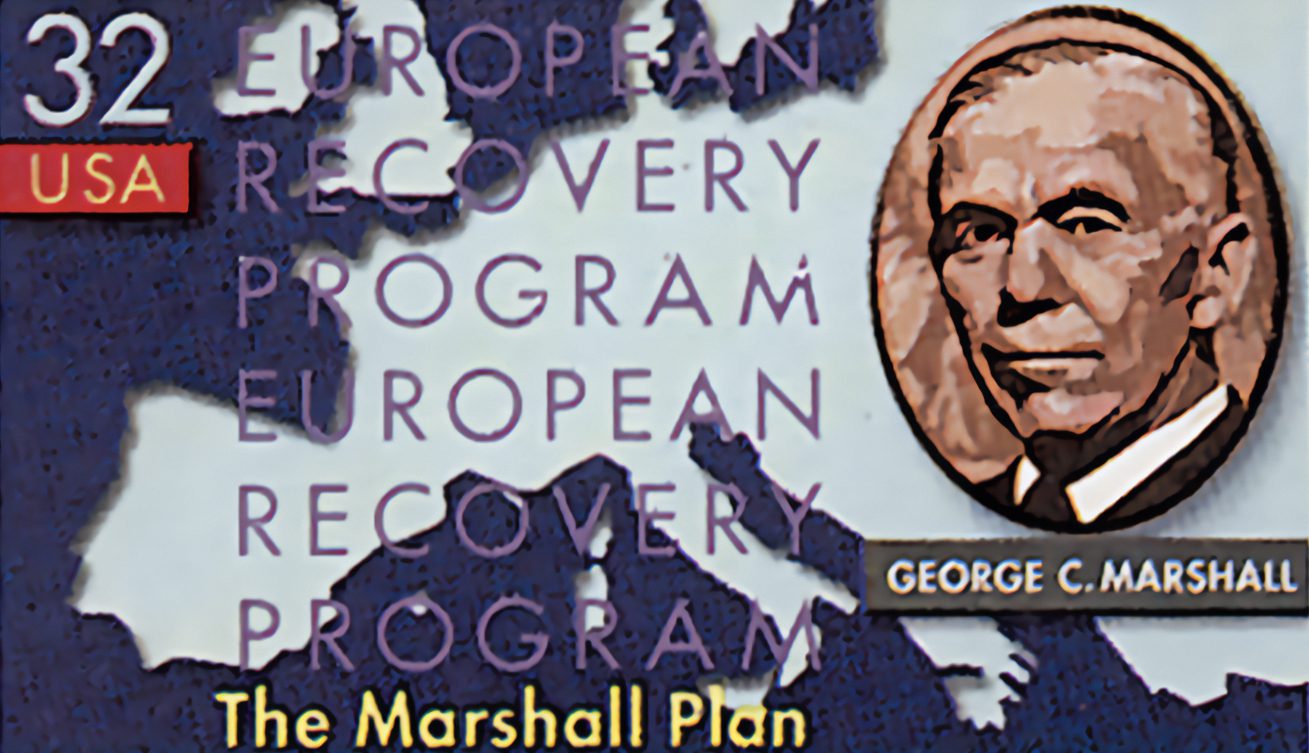
On December 31, 1951, the Marshall Plan expired after providing aid to millions of people in Western Europe. The Plan was seen as a way to contain the spread of communism and increase US exports.